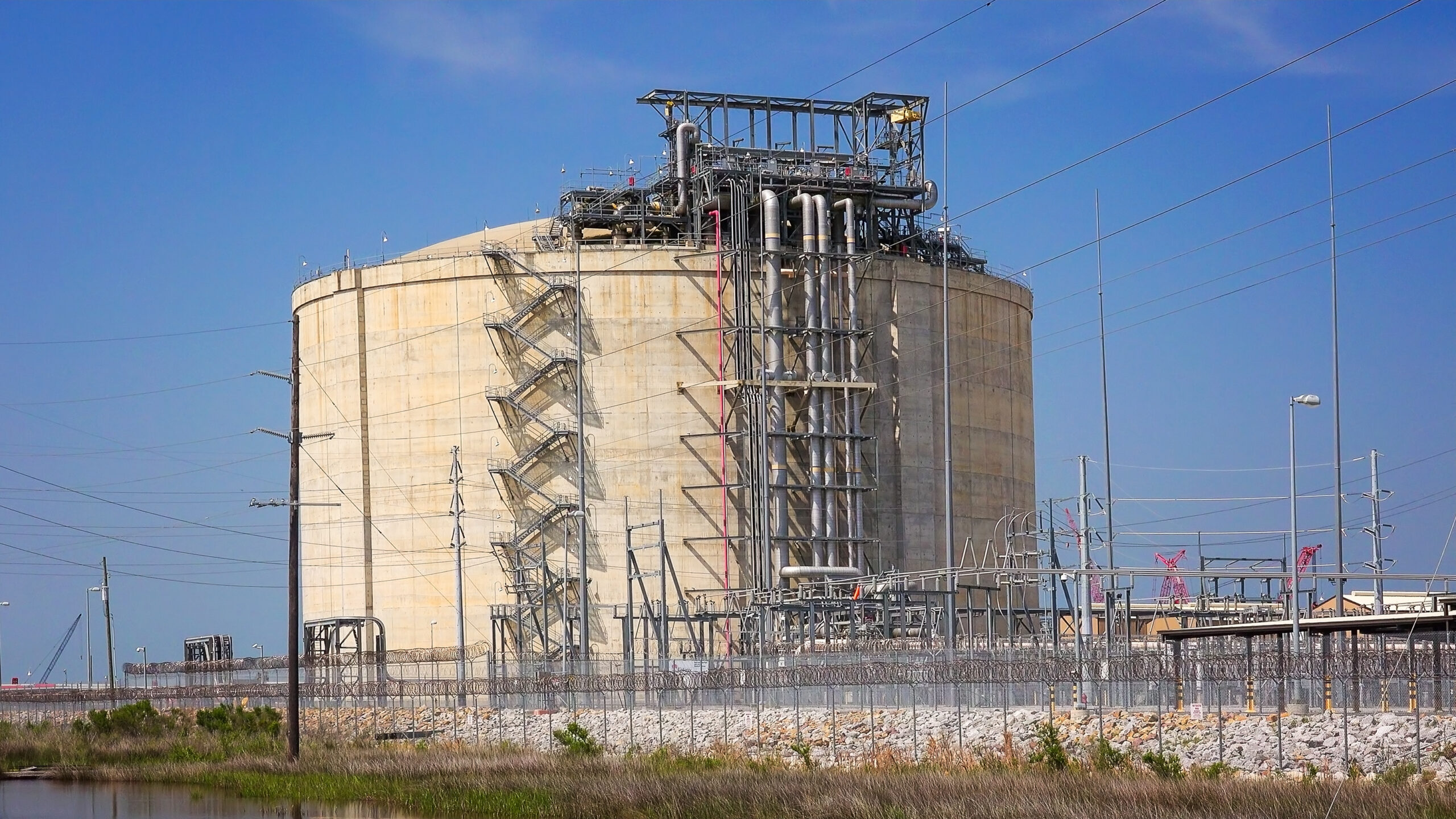Venture Global litigation highlights risky LNG market: experts
Arbitration cases being brought against the U.S. LNG exporter Venture Global are highlighting the risks faced by contract buyers.

News of arbitration cases being brought against a U.S. LNG exporter for failing to deliver commercial cargoes to contract customers highlights the risks faced by contract buyers as they navigate an increasingly volatile market, and might lead to a review of long-term contract clauses moving forward, experts and industry sources told Gas Outlook.
Shell and BP both filed for arbitration against U.S. exporter Venture Global for failing to supply contracted cargoes while at the same time it was selling the LNG on the more lucrative spot market, Reuters reported earlier in July.
LNG prices in Europe rose to highs of $89/MMbtu in summer 2022, against $6-10/MMBtu levels in 2018.
The contracts are related to the 10 MTPA Calcasieu Pass LNG facility in Louisiana, which was due to start commercial operations in 2022 but was delayed amid technical issues.
Despite that, Venture Global has managed to sell hundreds of pre-commercial cargoes since it began operations in March 2022, Reuters said citing Refinitiv data, leading contract buyers to seek arbitration as they lost billions of dollars in sales.
Venture Global did not respond to a request for comment from Gas Outlook.
Shell and BP declined to comment on the matter.
A similar case was brought by Italian utility Edison earlier in May.
Volatile market
The news comes as the past year has seen a widening gap between spot and long-term contract prices as buyers scrambled to source gas amid the Russia-Ukraine war, an industry expert told Gas Outlook.
“The contract prices that (Venture Global) have agreed with the buyers are reported to have low liquefaction fees, they probably average marginally over $2/MMBtu and some are probably below $2,” he said.
“Even at today’s lower spot prices the netbacks less the cost of Henry hub gas are in the $4 to $5 range and at times last year would have been over $30,” highlighting the much higher profitability of selling spot cargoes.
While this is the first reported case of this kind in the U.S., it might hamper exporters’ credibility moving forward and push buyers to be cautious “since it’s not just the loss of revenue that Venture Global’s buyers will have faced by having to purchase more expensive spot cargoes to meet obligations to their buyers.”
“They will also have had to modify shipping and lifting programmes adding to costs,” he said.
“This is an unprecedented move from this new U.S. developer… They are risking taking a reputational hit and eventually heavy penalties,” Mehdi Touil, LNG operations specialist at Canada-based consultancy Solaris told Gas Outlook.
The case will also likely lead “the next SPAs T&Cs” to protect customers “against any similar move,” he said.
“Price volatility has had a consequence on the contract obligations by both parties, buyers and sellers, and has shown how risky this market is,” Ana Maria Jaller-Makarewicz, Europe energy analyst at the Institute for Energy Economics and Financial Analysis (IEEFA), told Gas Outlook.
“When LNG prices differ greatly between regions, sellers are looking to divert their cargoes under long-term contracts to those buyers that could pay more.”
“The penalty they will pay for breaching the contract is usually much less than the gain they will make. Thus, this behaviour increases disputes,” she argued.
Despite that, in June, Venture Global and German state-owned company Securing Energy for Europe (SEFE) announced the execution of a 20-year long-term sales and purchase agreement under which SEFE’s subsidiary, WINGAS, will purchase 2.25 million tonnes of LNG per annum from the CP2 LNG, Venture Global’s third project, located near the Calcasieu Pass facility.
The company is also behind the 20 MTPA Plaquemines LNG and the 20 MTPA Delta LNG facilities in Louisiana.
Disputes grow
The disputes involving Venture Global follow a number of other similar cases of contractual defaults in other geographies, with buyers in emerging markets in particular coming under strain as they were pushed to find alternative supplies on the spot market, Sam Reynolds, LNG and gas research lead, Asia at the IEEFA told Gas Outlook.
“Pakistan has become an infamous example here…Over the past several years, contracted sellers Eni and Gunvor repeatedly defaulted on term cargoes to Pakistan in order to resell cargoes into higher priced European markets,” said Reynolds, who recently co-authored a report on LNG in Pakistan.
“Pakistan’s case is an extreme example of the ways in which volatility in global spot markets can cause contractual disputes.”
Similarly, in May 2022, Russia’s Gazprom halted LNG supplies under a long-term contract with India’s GAIL.
“In both the India and Pakistan cases, buyers were forced to source replacement LNG supplies from the high-priced spot markets.”
“For emerging markets with few alternatives to imported LNG, contractual defaults can have particularly disastrous impacts on energy security and affordability,” he pointed out.
“LNG may not be as reliable of a fuel source as industry proponents claim” as “repeated cases have shown that suppliers will aim to minimise deliveries under long-term contracts when potential profits in spot markets are simply too high to resist.”
“If the extreme volatility in LNG markets that we’ve experienced over the past three years continues this winter, these kinds of contractual disputes are likely to become increasingly common,” he added.
